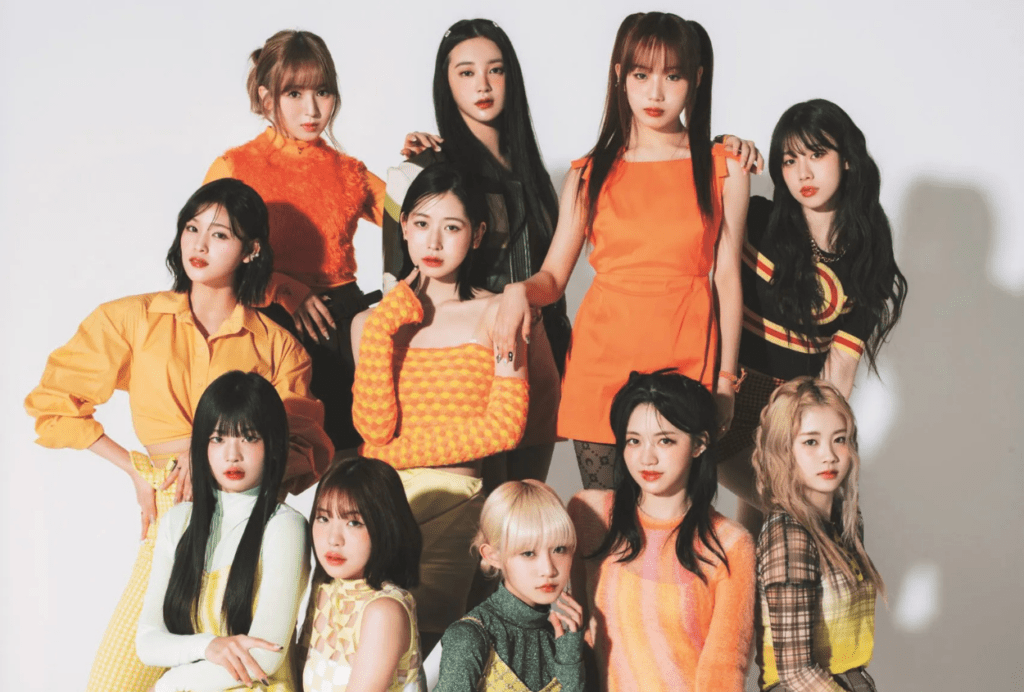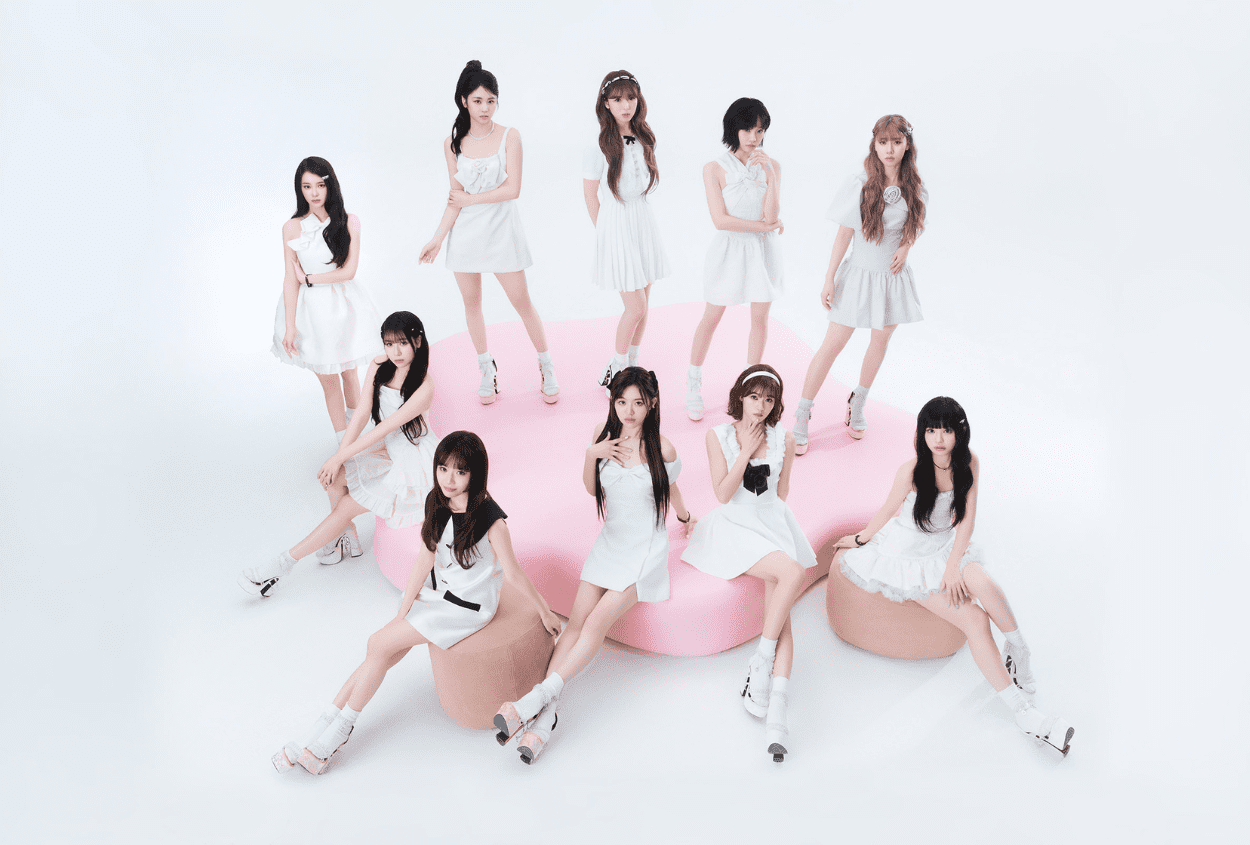ME:I, the 11-member J-pop group formed through the reality competition Produce 101 Japan, is rapidly emerging as a blueprint for modern idol marketing. Their debut project Muse positions them as a “future-facing” act, blending J-pop’s signature theatricality with globalized strategies aimed at transcending Japan’s traditionally insular idol industry.
Their “future-facing” label hints at a sound combining hyperpop, EDM, and hip-hop elements, genres primed for algorithmic success on platforms like TikTok and YouTube Music. Visually, their high-concept choreography videos and stylised photo drops cater to Pinterest and Instagram’s visual search ecosystems, while multilingual content (likely Korean or English lyric tracks) could help them tap into K-pop-adjacent audiences. Collaborations with global producers or TikTok creators remain a strategic possibility, further amplifying their cross-border appeal.

What sets ME:I apart is their potential to balance J-pop’s traditional fan-service model—deeply rooted in member-fan relationships—with data-driven content optimized for search and social virality. Expect metadata tactics like video titles emphasizing “4K dance practices” or “member focus cams,” alongside curated meme moments designed to dominate niche search verticals. Their success metrics will hinge on YouTube subscriber growth and Spotify Japan charting, offering early indicators of whether they can bridge J-pop’s domestic focus with global ambitions.
For fans of LE SSERAFIM’s genre-blending experimentation, NiziU’s cross-cultural appeal, or IZ*ONE’s theatrical flair, ME:I represents a fascinating evolution. Their trajectory could signal a broader shift in J-pop, where SEO-savvy storytelling and algorithmic content coexist with idol culture’s timeless emphasis on charisma and connection. As K-pop agencies increasingly court Japanese audiences, ME:I’s hybrid approach offers a counter-narrative—one where Japan’s idol scene exports its innovation without dilution.

